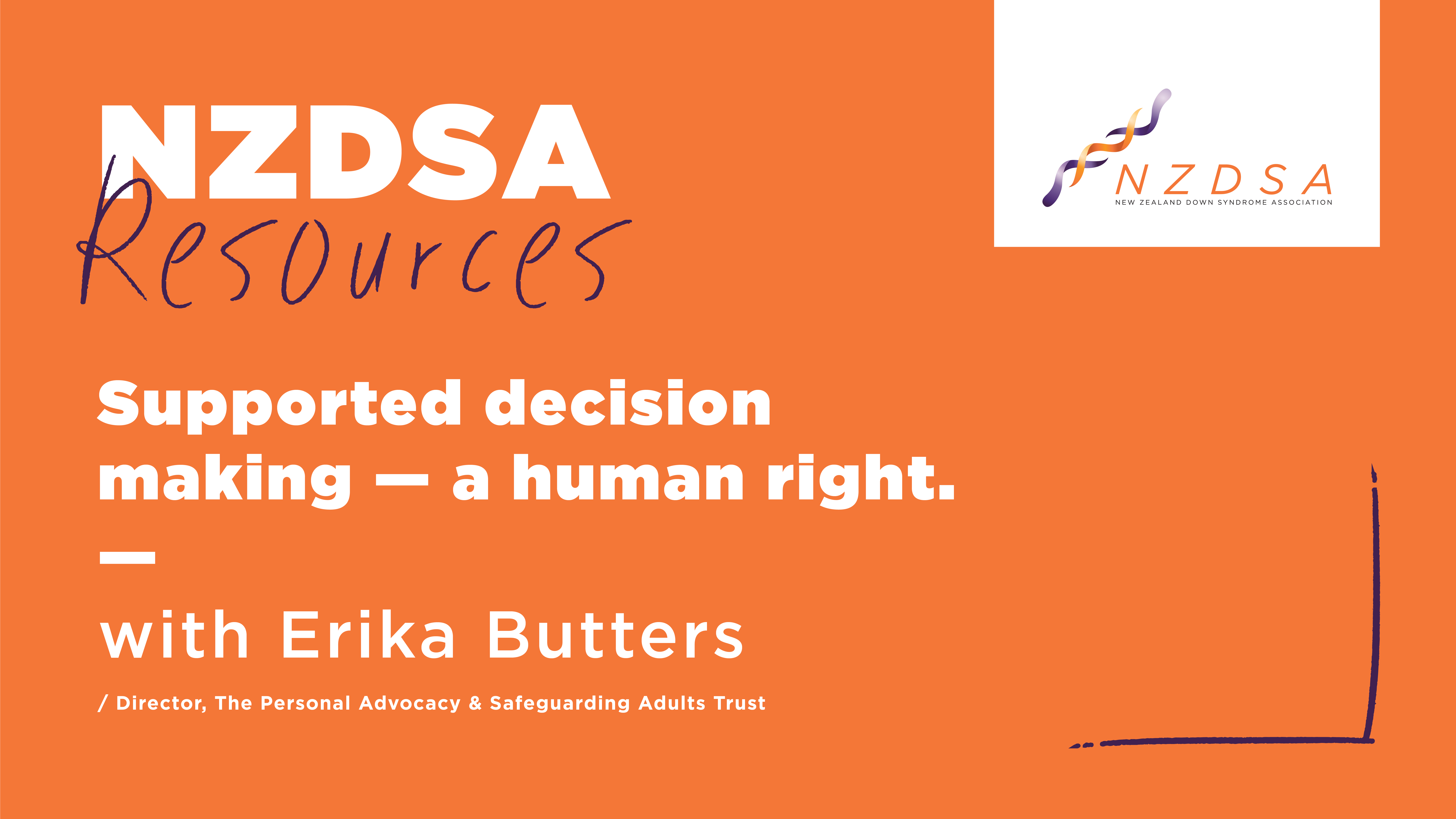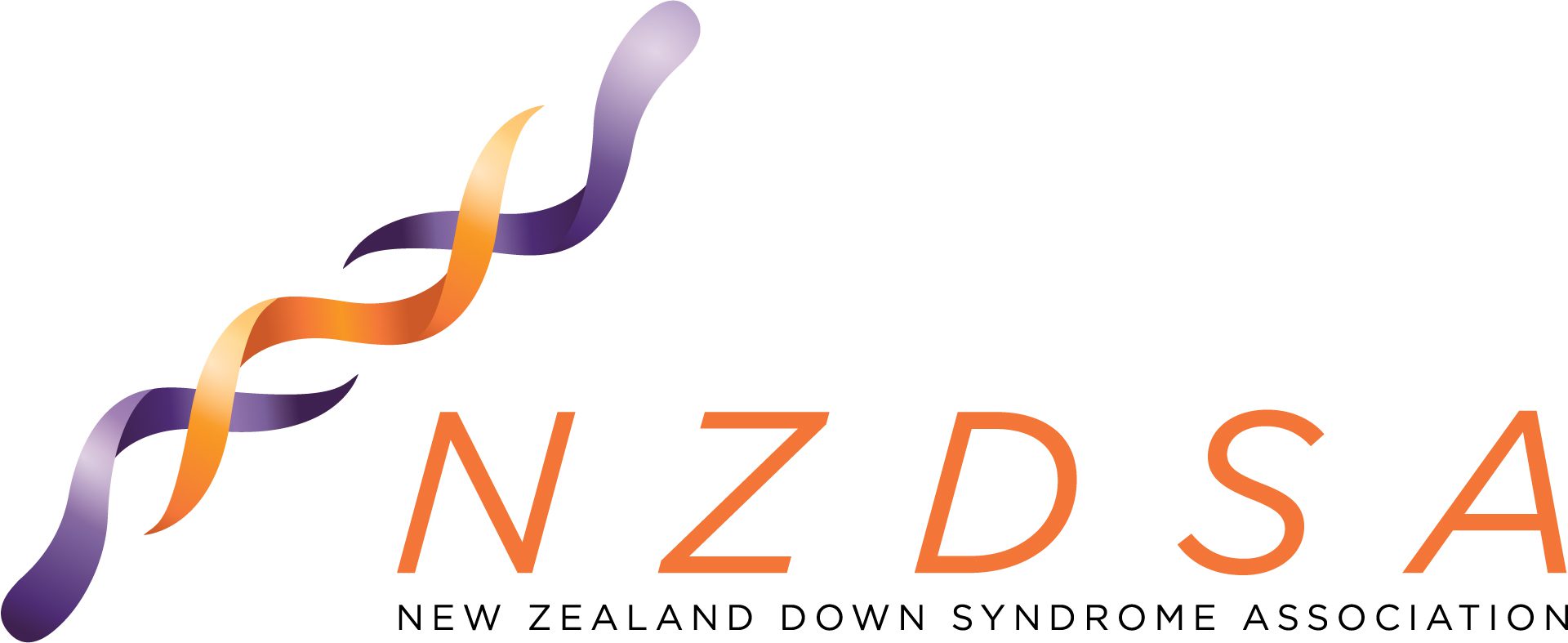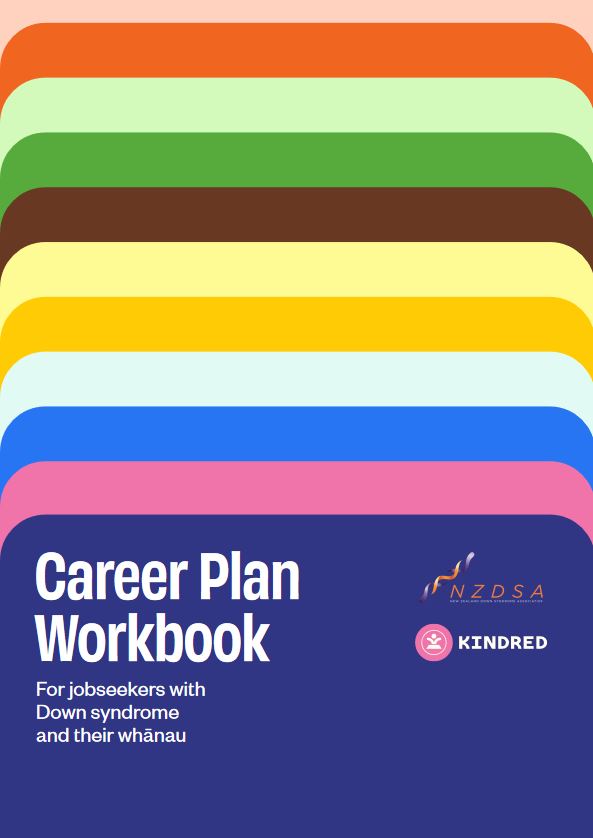

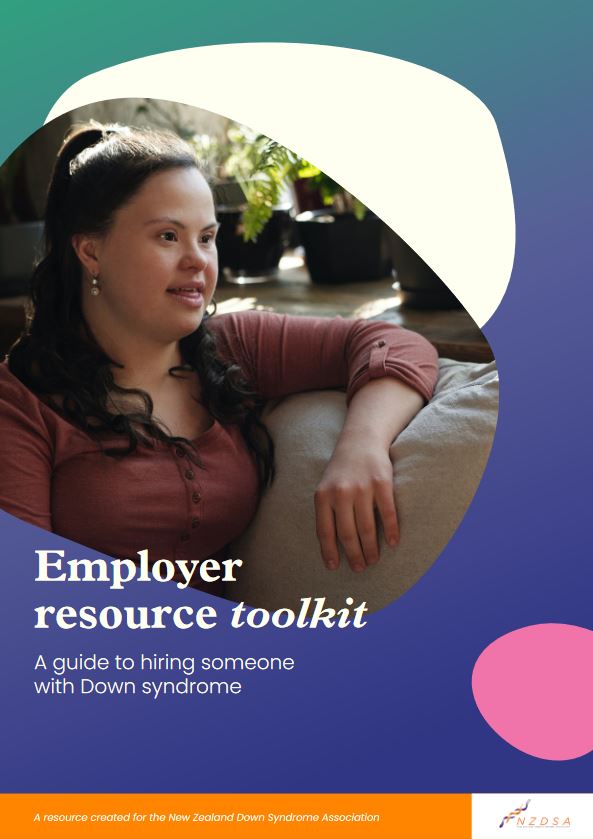
Employers guide to hiring someone with Down syndrome
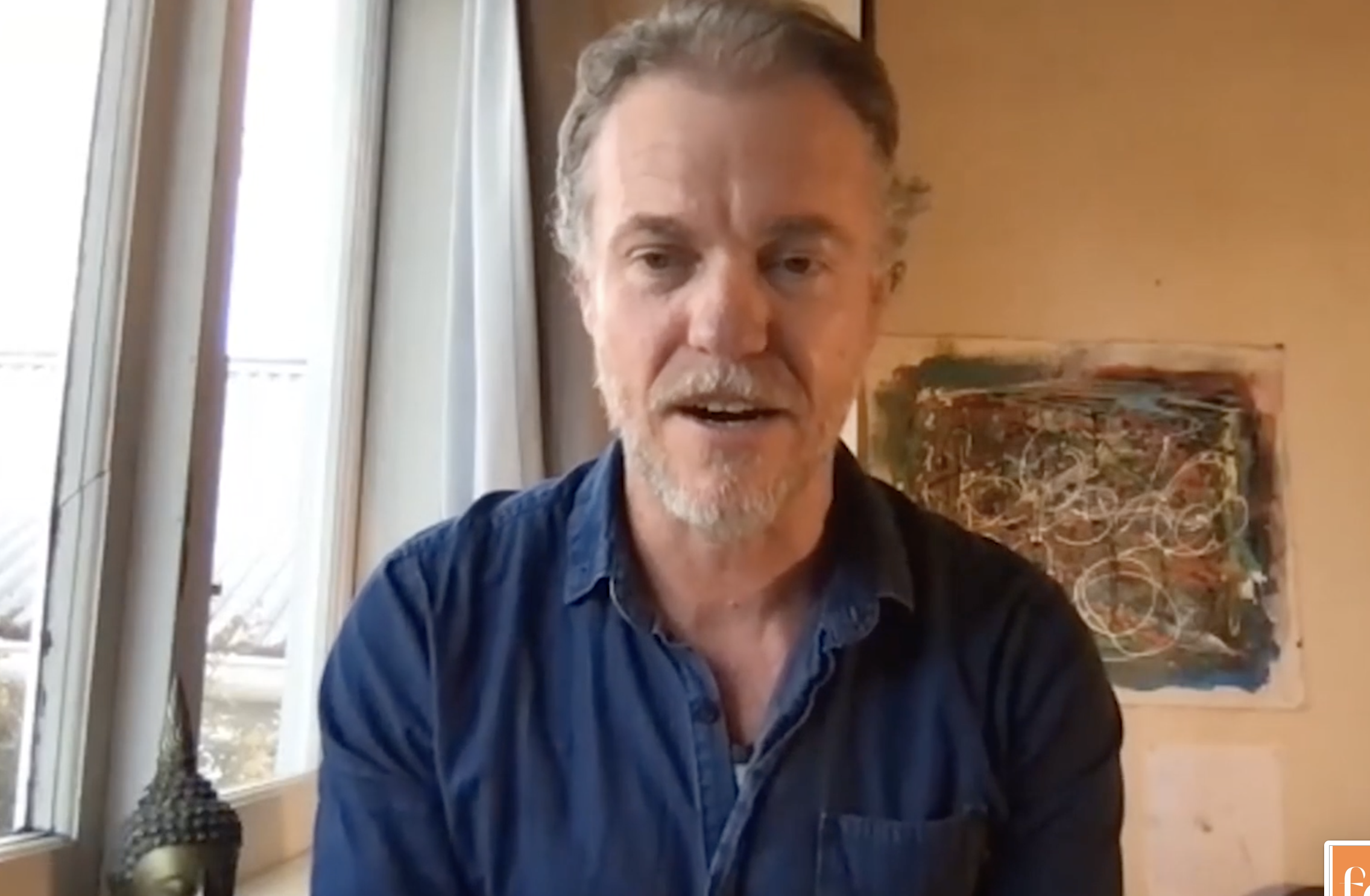
Relive the highlights of our Virtual Conference
STEP UP A group of people with Down syndrome who have shown an interest in self-advocacy and want to work their way into the STRIVE team. Home 9 Search query for: pati Stand up loud Talk about Empowering People with Down syndrome to have Universal Participation...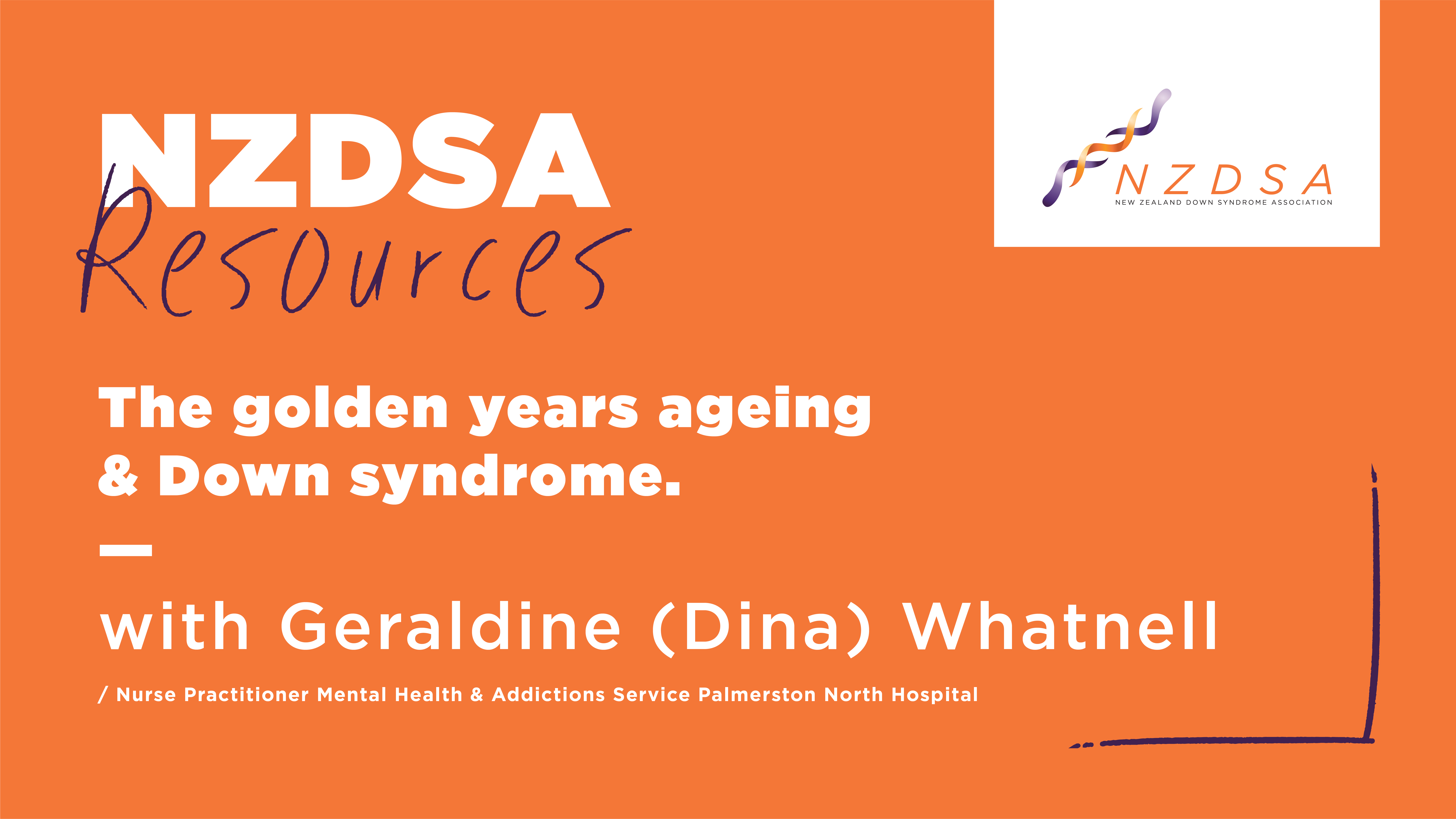
The Golden Years: Ageing and Down syndrome (WEBINAR)
STEP UP A group of people with Down syndrome who have shown an interest in self-advocacy and want to work their way into the STRIVE team. Home 9 Search query for: pati Stand up loud Talk about Empowering People with Down syndrome to have Universal Participation...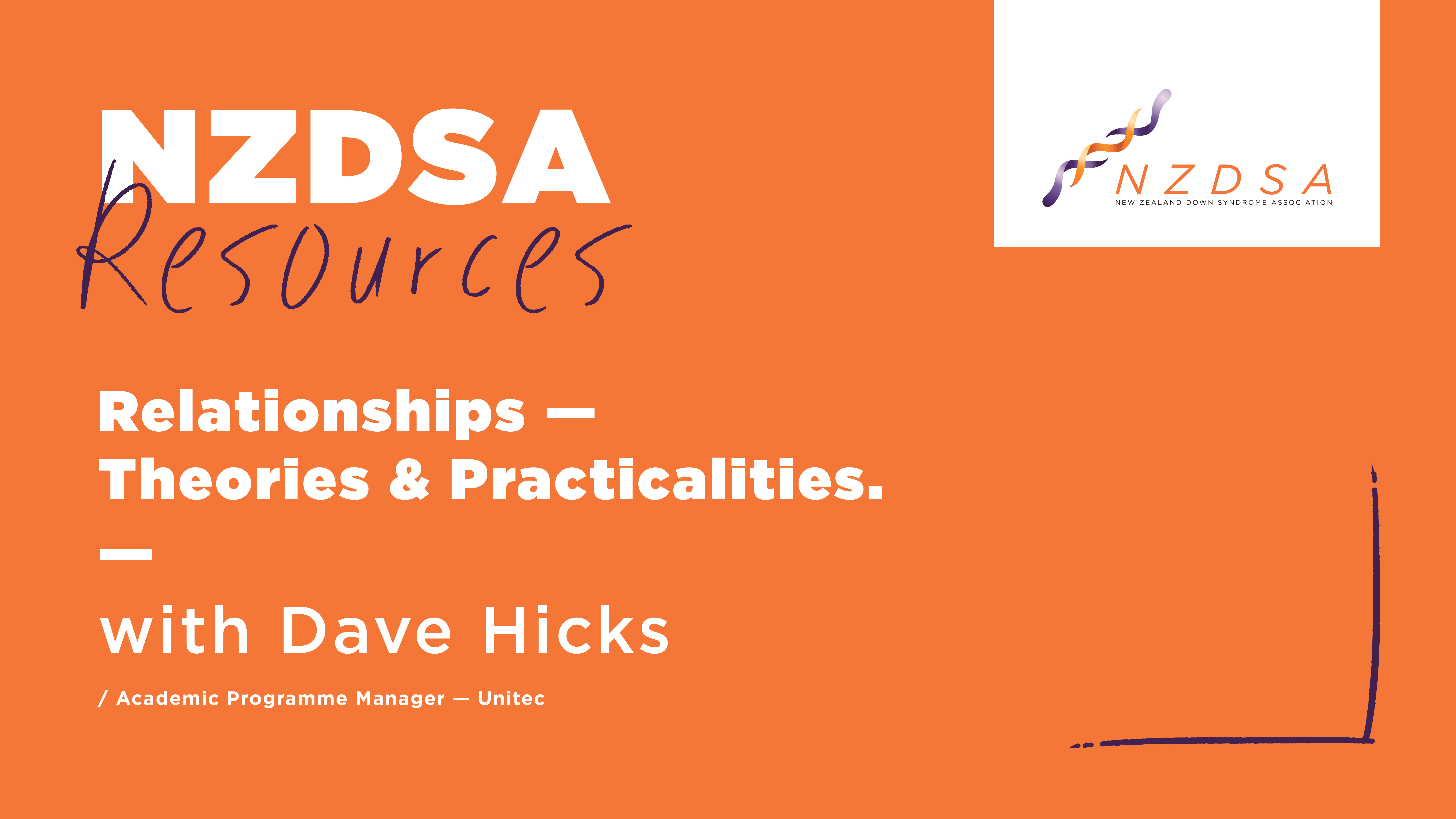
Relationships – Theories and Practicalities (WEBINAR)
STEP UP A group of people with Down syndrome who have shown an interest in self-advocacy and want to work their way into the STRIVE team. Home 9 Search query for: pati Stand up loud Talk about Empowering People with Down syndrome to have Universal Participation...